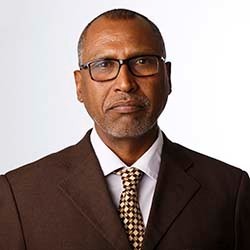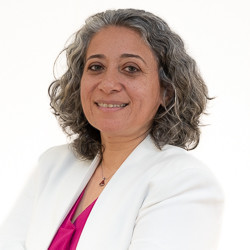Egypt
The Context
Egypt has a diverse economy and rich natural resources, including agricultural land and fisheries. Egypt is one of the most populous countries in Africa and the Middle East, with its population of 110 million people concentrated along the Nile Valley. Population growth has increased pressure on natural resources, including land and water.
Agriculture is a key sector in the Egyptian economy and key to poverty reduction. Accounting for 11 per cent of GDP and employing more than one in four people.
However, recent periods of drought and water scarcity have impacted agricultural productivity and food security. The availability and management of water resources impacts sustainable development and heightens vulnerability to climate change.
Over ten years, the unemployment rate in Egypt fell from over 13 per cent to just 7 per cent in 2022. This decline is particularly evident among youth and women. Poverty, which is concentrated to the south of the country, has also declined. Despite this, unemployment and poverty disproportionately affect women and youth, therefore efforts to address these issues must involve these groups.
The Strategy
IFAD loans are helping to reclaim land from the desert and improve agricultural productivity in the Nile valley. We aim to sustainably reduce rural poverty and enhance national food security by:
- strengthening the skills of poor rural people so they can take advantage of economic opportunities.
- enhancing sustainable use of natural resources.
- improving access to services, including technology and finance.
Country Facts
Egypt is a lower middle-income country with a GNI per capita of US$ 3,000 in 2020.
Egypt is IFAD’s largest recipient of financial assistance in the Near East and North Africa region.
Egypt has moderate food security, with its strengths in affordability and sustainability. However, access to high-quality and safe food needs improvement.

